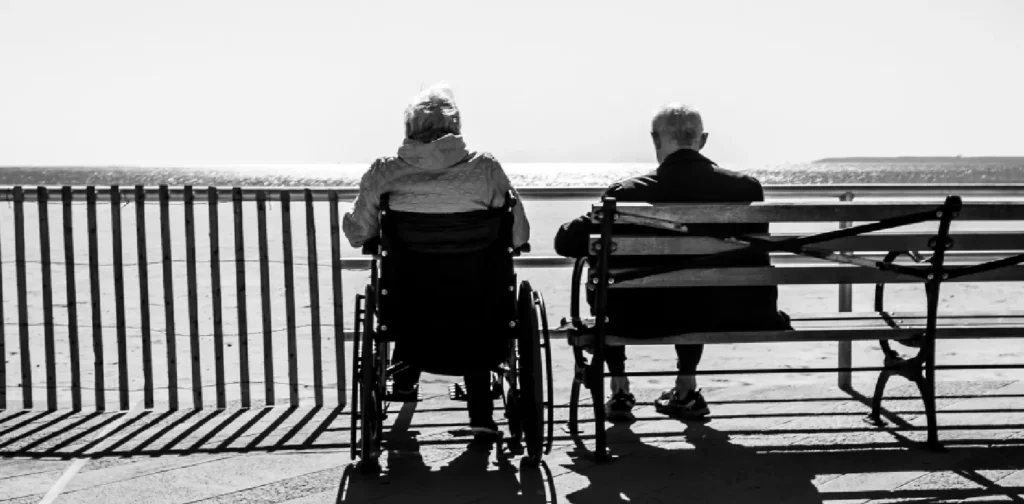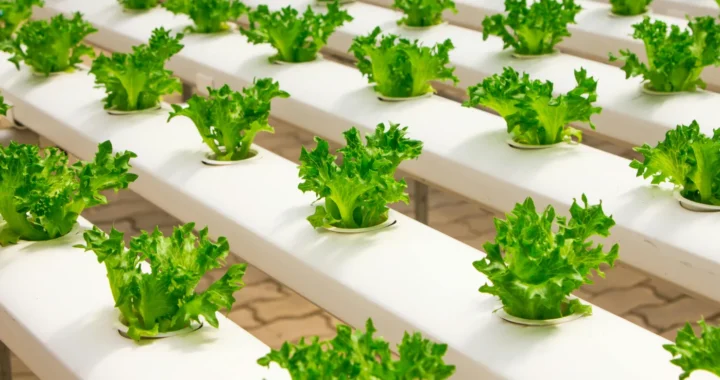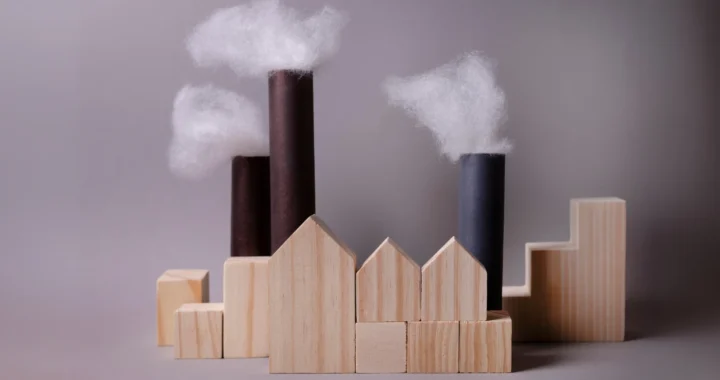Community-Based Solutions to Support Older People in Vietnam

Photo: Bruno Aguirre on Unsplash.
Older people are often left out of society. While the development of the healthcare system has allowed people to live longer, there are only limited services tailored to older people’s needs. In this light, the Intergenerational Self-Help Clubs (ISHCs) aim to provide community-based solutions to safeguard the health and wellbeing of older people in Vietnam.
Older People in Vietnam
The number of older people in society has quickly grown in recent decades. Between 1980 and 2021, people aged 65 years or older tripled from 260 million to 761 million. In 2050, the number is projected to reach 1.6 billion.
Vietnam is experiencing a similar trend, as it is considered one of the fastest-aging countries in the world. The United Nations Population Funds stated that the number of Vietnamese people over 60 is predicted to double from 11.4 million (11.8% of the population) in 2019 to 22.8 million (20.8% of the population) in 2039.
Moreover, older people in Vietnam tend to live alone but still have relatives nearby. As many as 6.3% of the older population need assistance in daily activities, such as eating, putting on or taking off clothes, bathing or washing, getting up when lying down, and getting to and using the toilet.
The Intergenerational Self-Help Clubs
The Intergenerational Self-Help Clubs (ISHCs) was established by the non-governmental organization HelpAge International in Vietnam in response to the need for care and assistance for older people in Vietnam.
The ISHCs work at the grassroots level. Each club consists of 50-70 members, the majority being older people, women, and members of vulnerable groups, providing mutual support to one another.
In essence, the initiative aims to increase older people’s participation in society through income-generating activities and improve their access to healthcare and social care services. This includes providing regular health checkups and monitoring and home care services, as well as access to health insurance, culture and educational services, and other resources.
“Before, I often cried because I could sit only in one place. But since they (ISHC volunteers) come to help, my life has changed, I feel much happier now,” said Bui Thi Duoi, age 78. She lives in the Cao Phong district of Hoa Binh province and receives support from two ISHC homecare volunteers as both of her legs are paralyzed due to illness.
Care for All
When it first started in 2006, the ISHCs consisted of 60 clubs. In 2021, the World Bank partnered with the Japan Social Development Fund (JSDF) to support the expansion of ISHCs in six provinces: Thanh Hoa, Hoa Binh, Quang Binh, Da Nang, Khanh Hoa, and Ninh Thuan. HelpAge International in Vietnam partnered with the Association of the Elderly to expand the project. As of 2024, the initiative has established 186 clubs and benefitted more than 24,725 people. After all, ensuring older people’s right to a healthy and secure life must not be overlooked in our efforts to achieve a society where no one is left behind.
Editor: Nazalea Kusuma

Subscribe to Green Network Asia
Strengthen your personal and professional development with cross-sectoral insights on sustainability-related issues and sustainable development across the Asia Pacific and beyond.

Kresentia Madina
Madina is the Assistant Manager for Digital Publications at Green Network Asia. She graduated from Universitas Indonesia with a bachelor's degree in English Literature. She has three years of professional experience working on GNA international digital publications, programs, and partnerships particularly on social and cultural issues.


 How Plant the Emirates Aims to Support Food Self-Sufficiency in the UAE
How Plant the Emirates Aims to Support Food Self-Sufficiency in the UAE  GRI’s Updated Sustainability Standards on Climate Change and Energy
GRI’s Updated Sustainability Standards on Climate Change and Energy  Looking into Biochar as a Bioremediation Agent
Looking into Biochar as a Bioremediation Agent  Australian Climate Visa for Citizens of Tuvalu: Showcasing cross-border partnership in light of the climate crisis
Australian Climate Visa for Citizens of Tuvalu: Showcasing cross-border partnership in light of the climate crisis  Nickel Mining in Raja Ampat and the Widespread Cost of Natural Resource Exploitation
Nickel Mining in Raja Ampat and the Widespread Cost of Natural Resource Exploitation  Lumbung Sosial: Challenges and Opportunities of Indonesia’s Social Barn Program
Lumbung Sosial: Challenges and Opportunities of Indonesia’s Social Barn Program